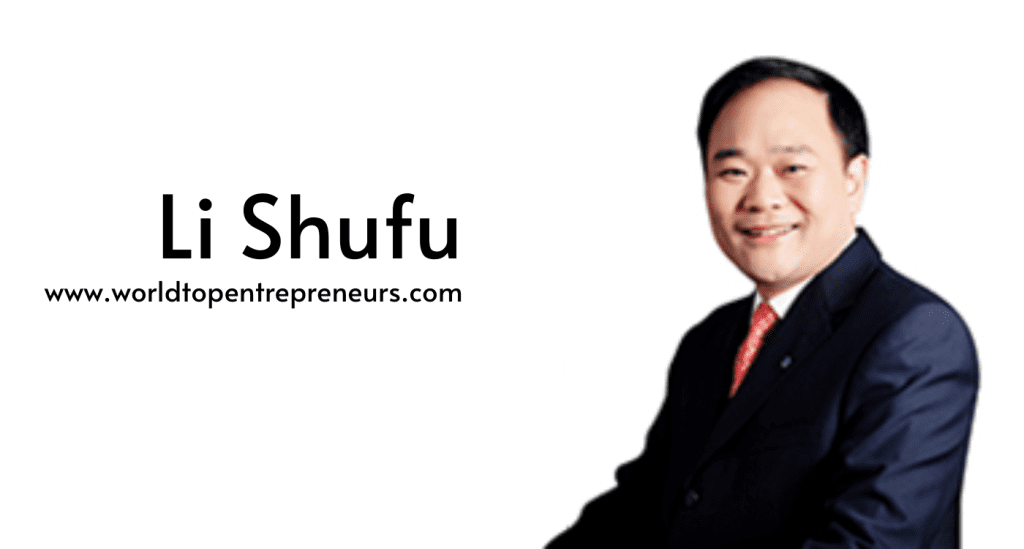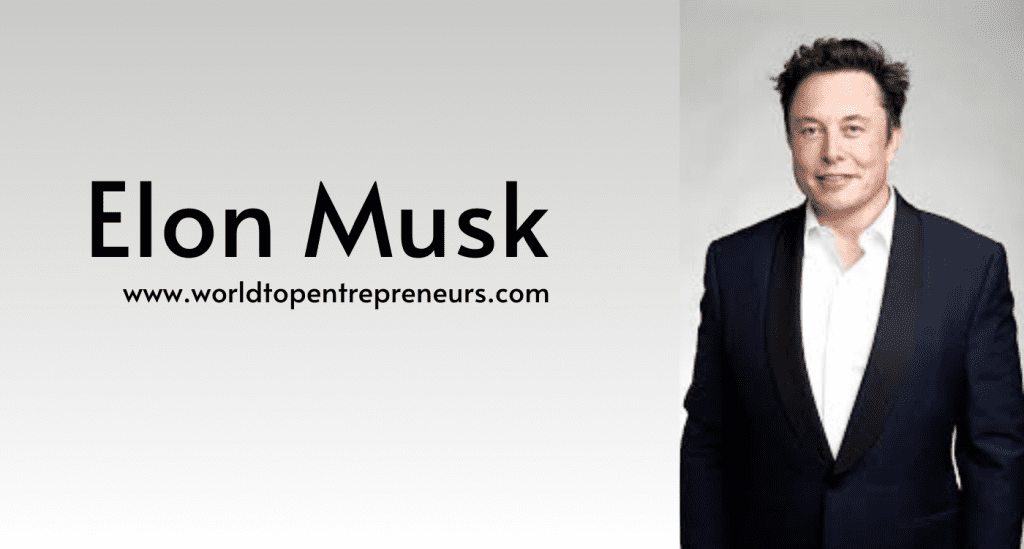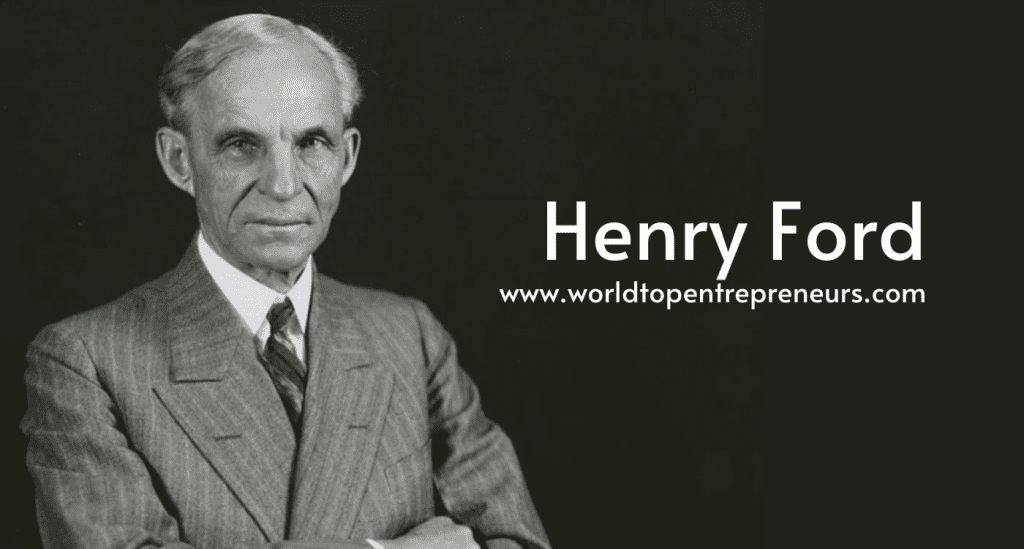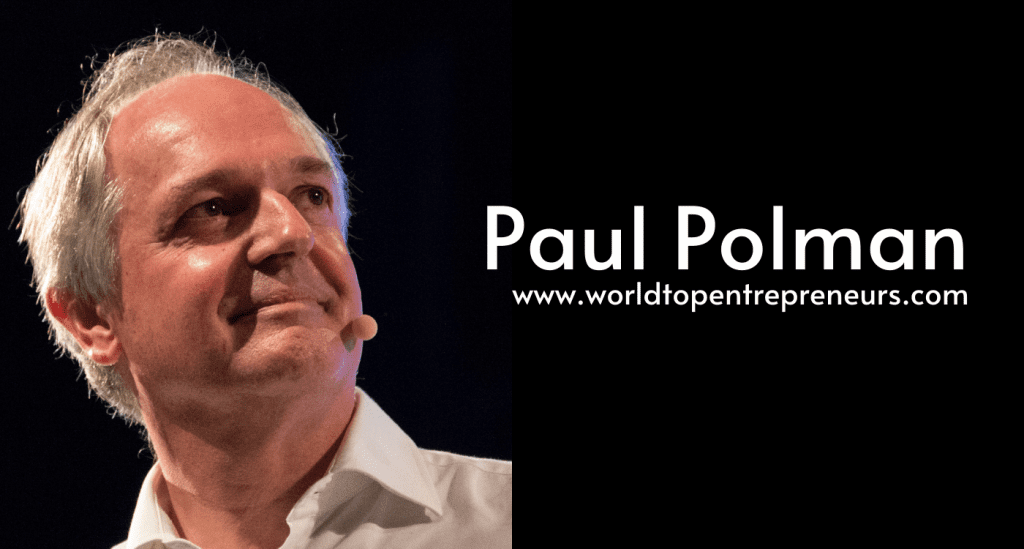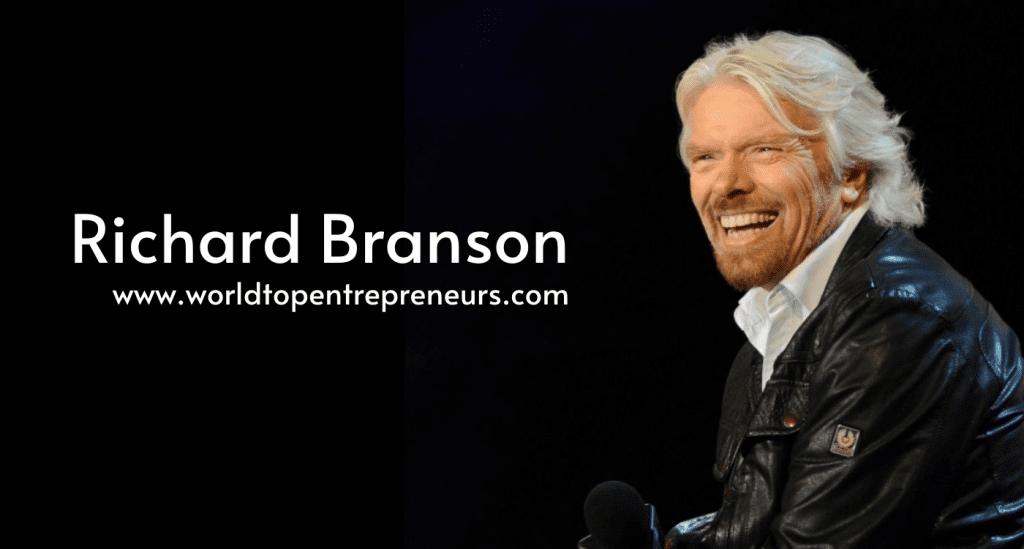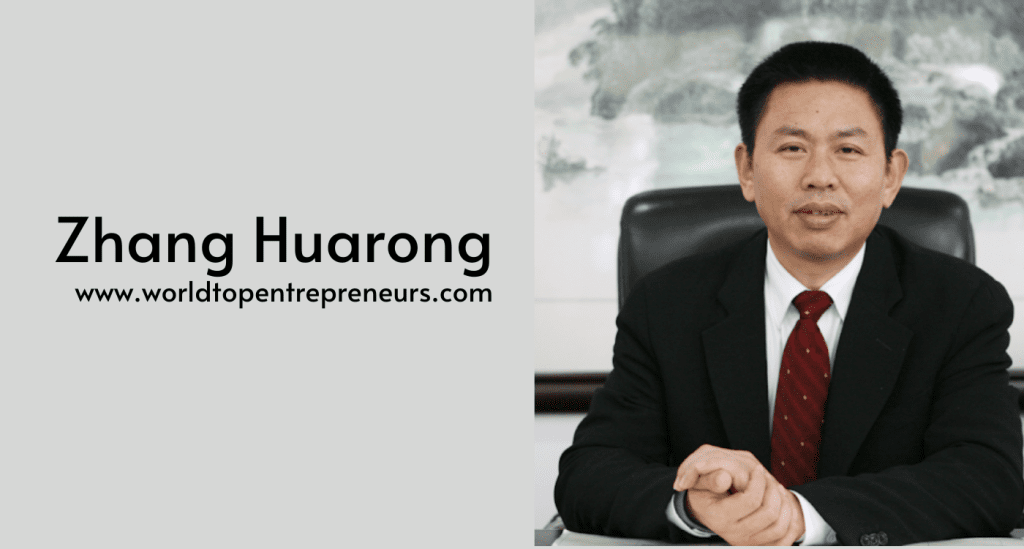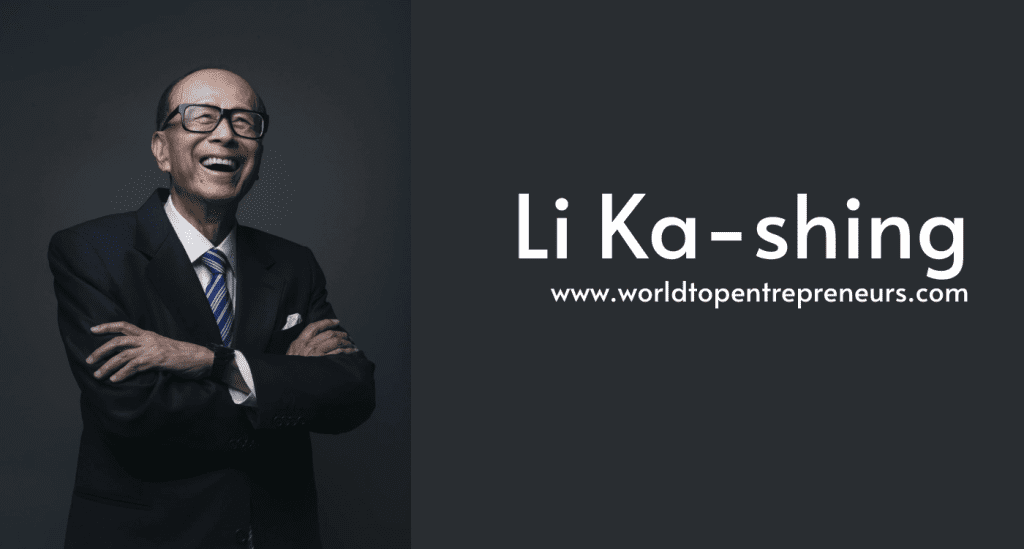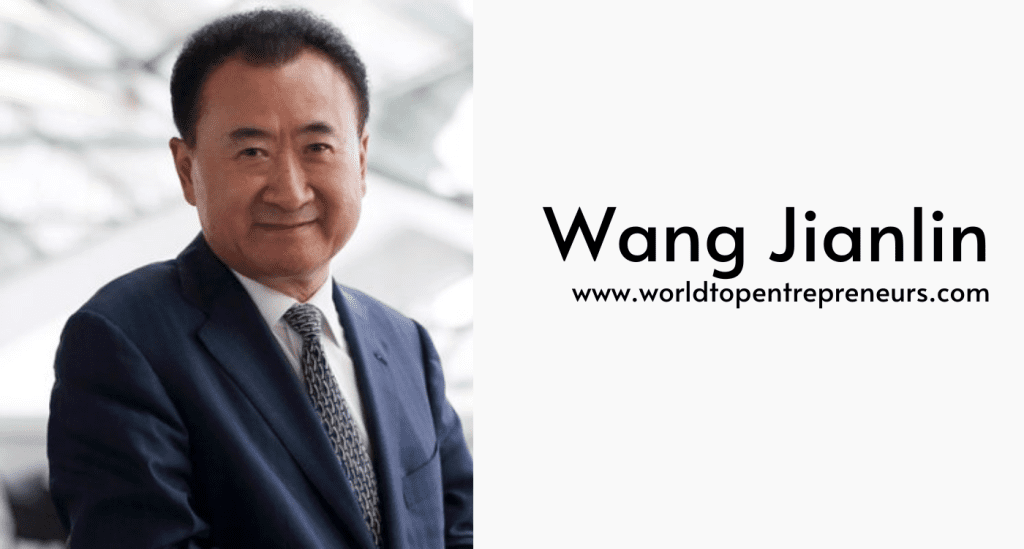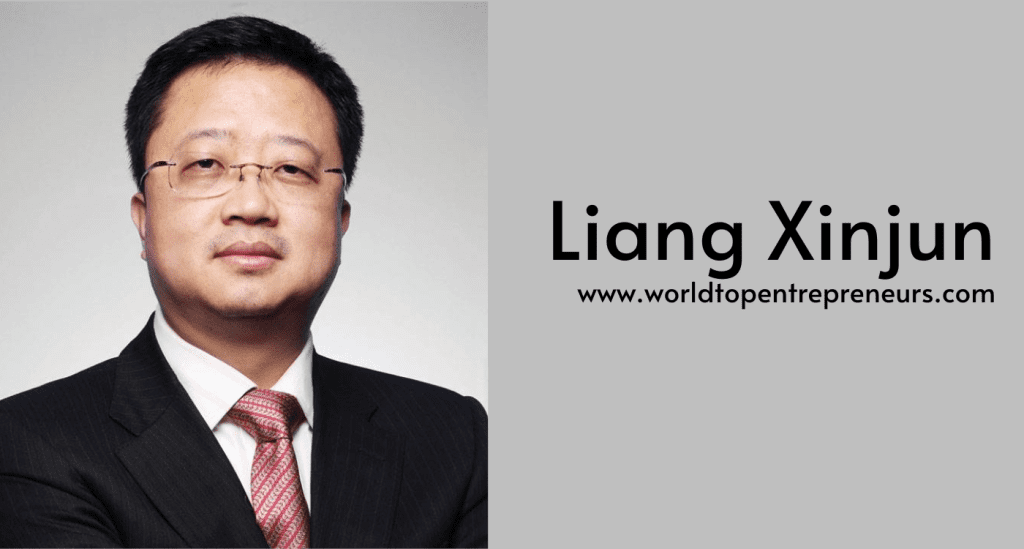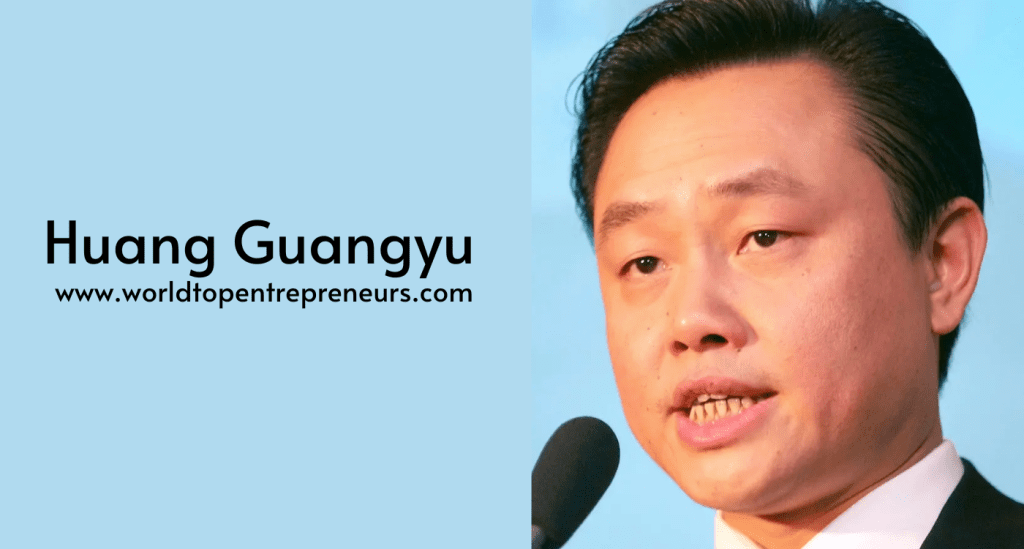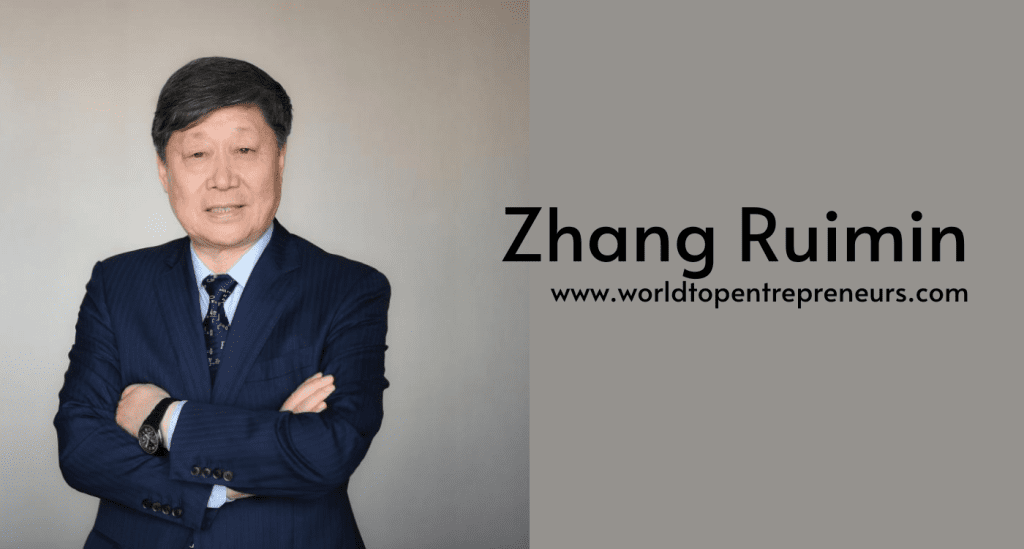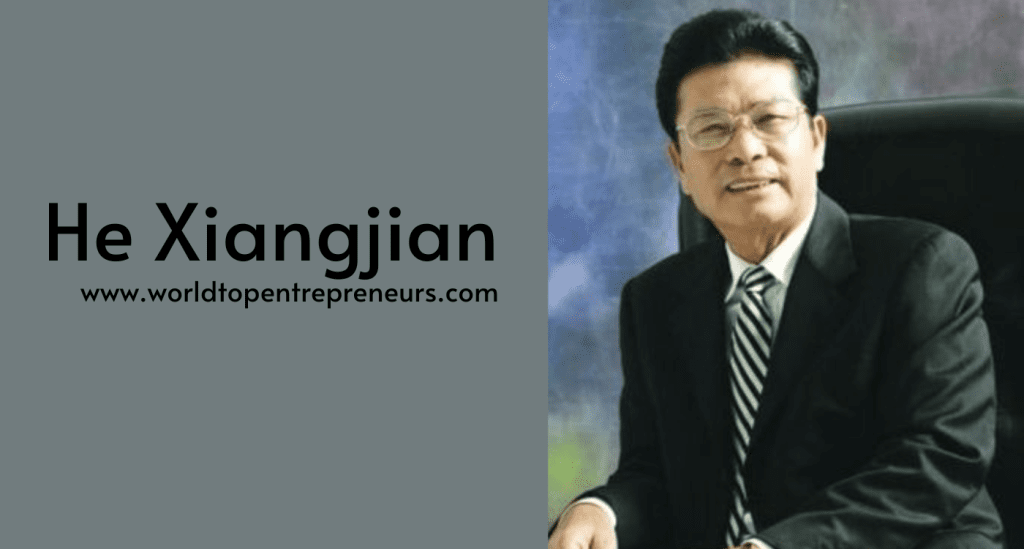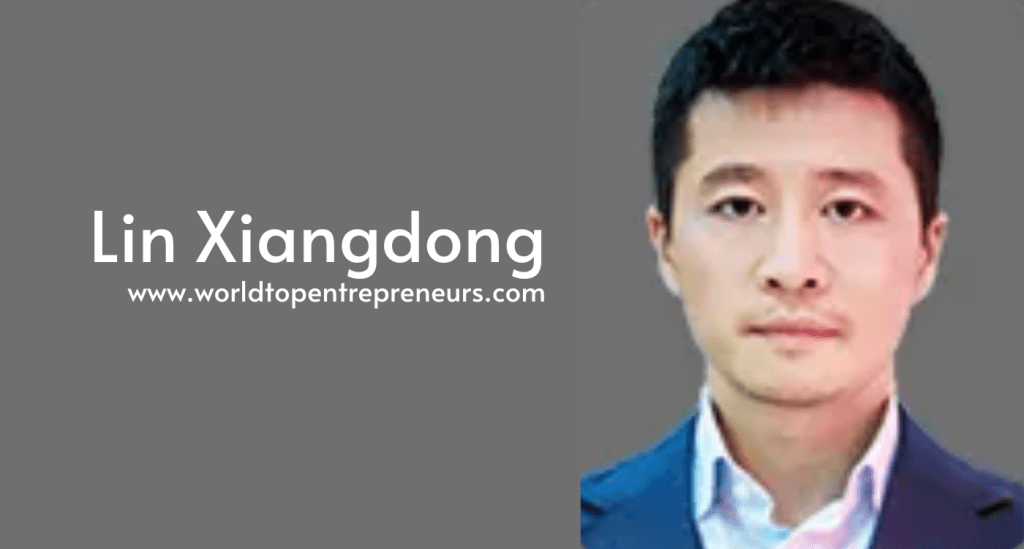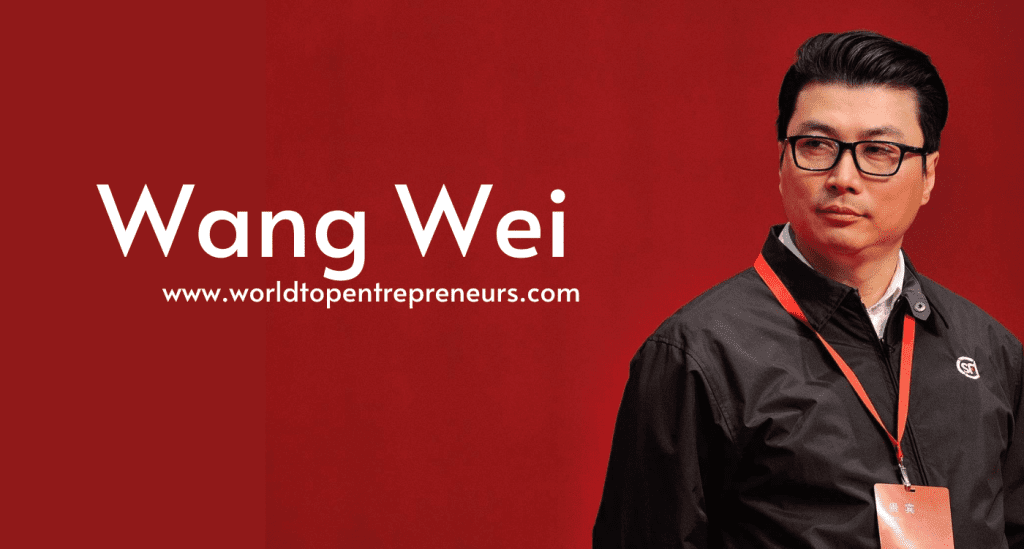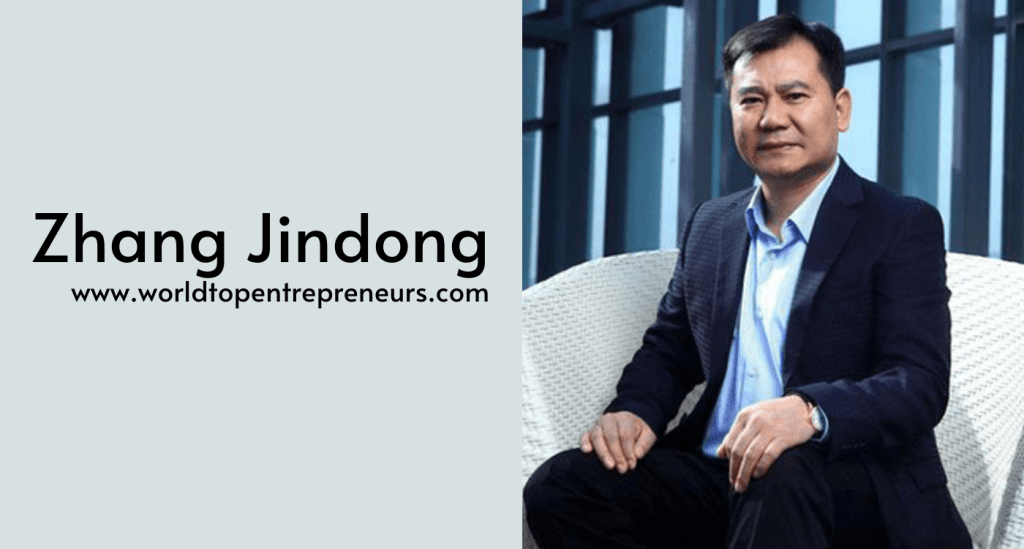Li Shufu, the founder and chairman of Zhejiang Geely Holding Group, is a remarkable figure in the automotive industry. His journey from a humble background to leading one of the world’s most innovative and expansive car manufacturers is a testament to his vision, determination, and entrepreneurial spirit. This article delves into the life and career of Li Shufu, exploring how he built Geely into a global powerhouse and his impact on the automotive industry.
Early Life and Beginnings
Li Shufu was born in 1963 in Taizhou, Zhejiang Province, China. Growing up in a modest family, Li experienced firsthand the challenges of rural life in China during the 1960s and 70s. Despite these hardships, he was determined to pursue a better future. His early fascination with machinery and engineering set the stage for his future endeavors.
After completing his education, Li started his career in a rather unconventional manner. In 1984, with a small loan from his family, he established a refrigerator parts business. This venture provided him with valuable insights into manufacturing and business operations, laying the groundwork for his later successes.
Entering the Automotive Industry
Li’s foray into the automotive industry began in the early 1990s. At a time when China was opening up its economy and encouraging private enterprises, Li saw an opportunity to venture into the motorcycle and automobile sectors. In 1997, he founded Geely (which means “auspicious” or “lucky” in Chinese) with the ambitious goal of creating a Chinese car brand that could compete globally.
Starting from scratch, Li faced numerous challenges. The Chinese automotive market was dominated by state-owned enterprises and foreign joint ventures. However, Li’s determination and innovative approach helped Geely carve out a niche. He focused on producing affordable, reliable vehicles for the Chinese market, targeting the growing middle class.
Overcoming Challenges
The initial years were tough for Geely. The company faced skepticism from both consumers and industry experts. Li Shufu’s unconventional methods, such as using motorcycle engines in early car models, were met with criticism. However, he remained undeterred. Li believed that innovation and quality improvement would eventually win over critics and consumers alike.
One of Li’s key strategies was to invest heavily in research and development. He understood that to compete with established brands, Geely needed to offer technologically advanced and high-quality vehicles. This commitment to R&D paid off as Geely started producing more sophisticated and reliable cars, gradually earning the trust of consumers.
Geely’s Breakthrough
Geely’s breakthrough came in the mid-2000s. The company’s relentless focus on innovation and quality began to bear fruit. In 2005, Geely became the first privately-owned Chinese automaker to exhibit at the Frankfurt Motor Show, a significant milestone that showcased its ambitions on the global stage.
In 2010, Li Shufu made headlines with a bold move that would redefine Geely’s trajectory. Geely acquired the Swedish car manufacturer Volvo from Ford Motor Company for $1.8 billion. This acquisition was a game-changer, giving Geely access to Volvo’s advanced technology, design expertise, and global distribution network. It also marked the first time a Chinese automaker acquired a well-known Western brand, signaling China’s growing influence in the global automotive industry.
Global Expansion and Innovation
The acquisition of Volvo was a turning point for Geely. Under Li Shufu’s leadership, the company adopted a two-pronged strategy: expanding its presence in international markets while strengthening its position in China. This strategy proved highly successful.
Geely invested in modernizing Volvo’s production facilities and enhancing its research and development capabilities. This resulted in the launch of several successful models, including the Volvo XC90 and the XC60, which received critical acclaim and boosted Volvo’s global sales. Li’s vision of combining Geely’s cost-effective manufacturing with Volvo’s premium technology and safety standards created a winning formula.
Simultaneously, Geely continued to innovate and expand its own brand. The company introduced a range of new models, including electric and hybrid vehicles, aligning with the global shift towards sustainable mobility. Geely’s commitment to electric vehicles was further demonstrated by its launch of the Geometry brand, dedicated to producing high-quality electric cars.
Strategic Partnerships and Acquisitions
Li Shufu’s strategy of growth through strategic partnerships and acquisitions extended beyond Volvo. In 2017, Geely acquired a 51% stake in Lotus, the iconic British sports car manufacturer. This acquisition allowed Geely to tap into Lotus’s expertise in performance engineering and further diversify its portfolio.
In the same year, Geely made headlines again by purchasing a 49.9% stake in Proton, Malaysia’s national carmaker. This move provided Geely with a foothold in the Southeast Asian market and access to Proton’s extensive distribution network.
Li’s boldest and perhaps most surprising move came in 2018 when Geely acquired a nearly 10% stake in Daimler AG, the parent company of Mercedes-Benz. This made Geely the largest single shareholder in Daimler, highlighting Li’s ambition to play a significant role in shaping the future of the global automotive industry. The investment was driven by a vision to explore synergies in electric and autonomous vehicle technologies.
Challenges and Controversies
Li Shufu’s meteoric rise has not been without challenges and controversies. His aggressive expansion strategy and acquisition spree have raised questions about the sustainability of Geely’s growth. Critics have expressed concerns over the integration of diverse brands and the potential for cultural clashes within the organization.
Moreover, Li’s close ties with the Chinese government have sparked debates about the role of state influence in private enterprises. While Geely is a privately-owned company, its success has been facilitated by favorable government policies and support. Some critics argue that this relationship blurs the line between private enterprise and state intervention.
Philanthropy and Social Responsibility
Beyond his business ventures, Li Shufu is also known for his philanthropic efforts and commitment to social responsibility. He has made significant contributions to education and poverty alleviation in China. Through the Li Shufu Charity Foundation, he has funded numerous initiatives aimed at improving access to education and healthcare in rural areas.
Li’s vision extends to sustainable development as well. Geely has been actively involved in promoting green technologies and reducing carbon emissions. The company’s investments in electric vehicles and renewable energy align with Li’s belief in the importance of environmental stewardship.
Conclusion
Li Shufu’s journey from a small-town entrepreneur to a global automotive magnate is nothing short of inspirational. His relentless pursuit of innovation, strategic vision, and bold decision-making have propelled Geely to the forefront of the automotive industry. Through acquisitions, partnerships, and a commitment to quality and sustainability, Li has transformed Geely into a symbol of Chinese ingenuity and global ambition.
As the automotive industry continues to evolve, Li Shufu’s influence is likely to grow. His ability to anticipate trends, embrace change, and navigate challenges will be crucial in shaping the future of mobility. Whether it’s through pioneering electric vehicles, exploring autonomous driving technologies, or expanding into new markets, Li Shufu’s legacy as a visionary leader is firmly established.

